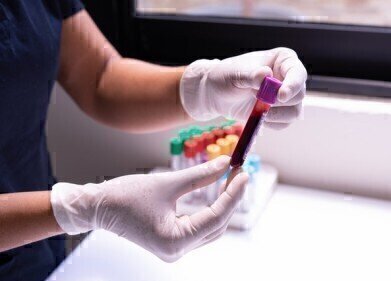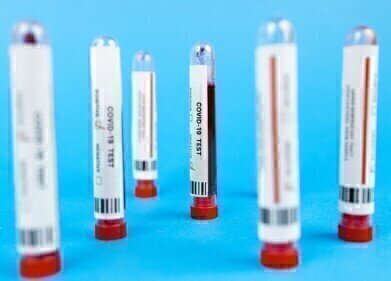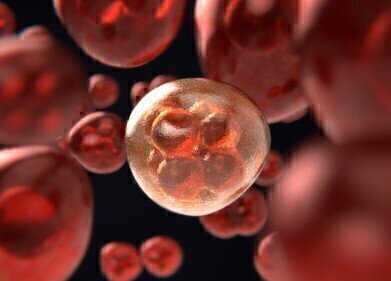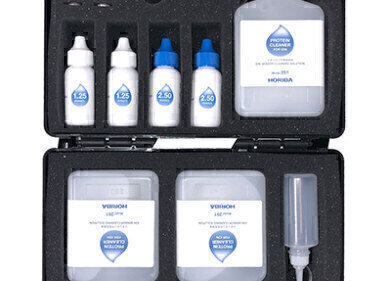Blood
Can You Alter Blood Types?
Jul 01 2019
A, B, O or something more particular – there are a range of different blood types. When you’re having a blood transfusion, it’s important that the blood being used matches your own to some extent. That’s one of the biggest problems for doctors and haematologists, who face shortages of several different blood types.
However, a new study could ease that problem, showing how some blood cells can be converted into a different blood type…
The blood type conundrum
When it comes to their prevalence, not all blood types are equal. AB-negative is generally the rarest, while O-positive is the most common. With that in mind, some people assume there is a shortage of the rare blood types, like AB-negative, with an abundance of common types, like O-positive.
However, while O-positive blood is more likely to be donated, it’s also higher in demand. On the flipside, AB-negative will have slightly lower demand. Type O blood is particularly important because it can actually be used for anyone with Rh positive blood – A+, B+, AB+ or O+.
Why? It’s all about the antigens in the blood. Type A blood has A antigens with anti-B antibodies, while blood group B has B antigens and anti-A antibodies. That what makes it so dangerous to use the wrong blood type – type A for a type B patient, for instance – as the antibodies would react to the antigens in the patient’s blood.
Type O blood can be used for both type A and type B patients, however, because it only contains the H antigen, which is considered neutral.
Converting blood cells
With the potential to be used for around 75% of people, type O blood is often referred to as a “universal” blood type. If there were one blood type doctors could have a bigger supply of, O would be the one. Fortunately, that could be possible.
A new study from the University of British Columbia reports that it’s possible to remove A and B antigens from blood cells, converting them to H antigens. That would stop A and B type blood triggering the dangerous immune response, so they could effectively become universal like type O.
This research is particularly promising given that type A blood is the second most common. In future, doctors could have a much greater stock of “universal” blood to treat patients. Of course, it’s another challenge to safely store these blood supplies until they’re used. The article ‘New Eco-friendly Chiller Range Announced’ looks at an ideal solution for environmentally friendly and economical cooling in laboratory and industry.
Digital Edition
Lab Asia 31.6 Dec 2024
December 2024
Chromatography Articles - Sustainable chromatography: Embracing software for greener methods Mass Spectrometry & Spectroscopy Articles - Solving industry challenges for phosphorus containi...
View all digital editions
Events
Jan 22 2025 Tokyo, Japan
Jan 22 2025 Birmingham, UK
Jan 25 2025 San Diego, CA, USA
Jan 27 2025 Dubai, UAE
Jan 29 2025 Tokyo, Japan



















